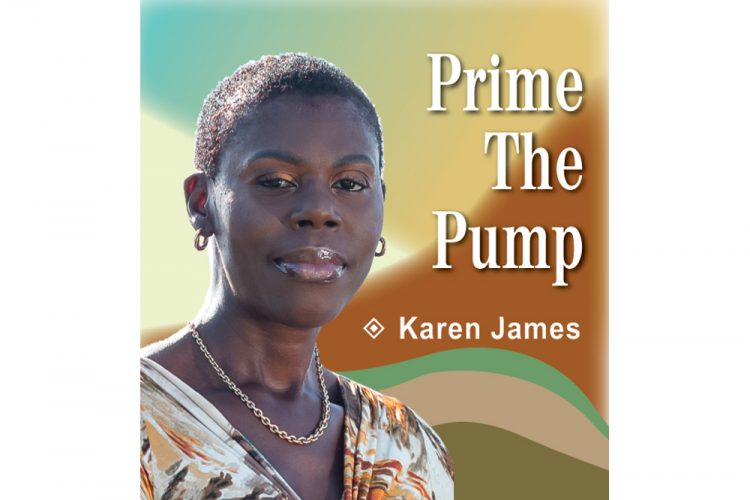Ethics of a Land Surveyor – continued

Welcome back to our focus on Ethics of Land Surveyor. For the last few weeks, we have been looking at the importance of trust in business and how an individual or organization builds trust.
Last time we were here we started an account of a boundary dispute between two neighbours. We learnt that neighbour-1 brought an affiliated Government land Surveyor to verify boundary markers when neighbour-2 was preparing to erect a boundary fence. However, a few weeks later, neighbour-1 had one of the boundary marker that was verified, relocated. The questions to be answered today are: Who relocated the boundary marker? Should boundary markers be relocated privately? Do Government Land Surveyors operate in the interest of the law or their private affiliates?
According to neighbour-1, he invited his affiliated Government Land Surveyor to move the markers four weeks after he had verified them. Neighbour-2’s fencing was vandalized. The marker that was planted and secured with concrete when the land was originally surveyed was dug up and shallowly planted two feet into neighbour-2’s property. This was done without neighbour-2’s consent or knowledge.
Having first hand knowledge of the situation, I must admit that when I first learnt of it, I was shocked. Although it appears that ethics, good moral, and sound judgement are scarce commodities and sale-able in St. Vincent and the Grenadines, I struggle to believe that someone who holds an office as a Government Land Surveyor could be so unscrupulous. I still hope that he was misrepresented.
The first five years of my working career were spent in the public service, and a stint in the Land and Surveys Department. My recollection is, when dealing with boundary disputes, both parties must be present when boundary markers are being relocated. Therefore, for a Government Land Surveyor to have verified the accuracy of boundary markers in the presence of three witnesses and then return privately with his client and relocate one of them is highly unethical and brings his reputation as an honest officer of the government under reproach.
In a PDA Academy document titled “Ethics of Land Surveyors”, under subtopic, ‘Obligations To Your Profession’ one of the main obligations a land surveyor owes to his/her profession is to avoid actions or behaviour, both inside of business and outside, that would damage the reputation of the profession or destroy the public’s trust in the profession.
Often professionals misuse and abuse their office to satisfy their affiliates twisted desires. However, we should all be anchored by David Horsager’s eight pillars of trust. This week I leave with you the pillar of Character: People notice those who do what is right ahead of what is easy. Leaders who have built this pillar consistently do what needs to be done when it needs to be done, whether they feel like doing it or not. It is the work of life to do what is right rather than what is easy.
Visit us at www.searchlight.vc or https://www.facebook.com/Searchlight1.We’ll help you get noticed.









